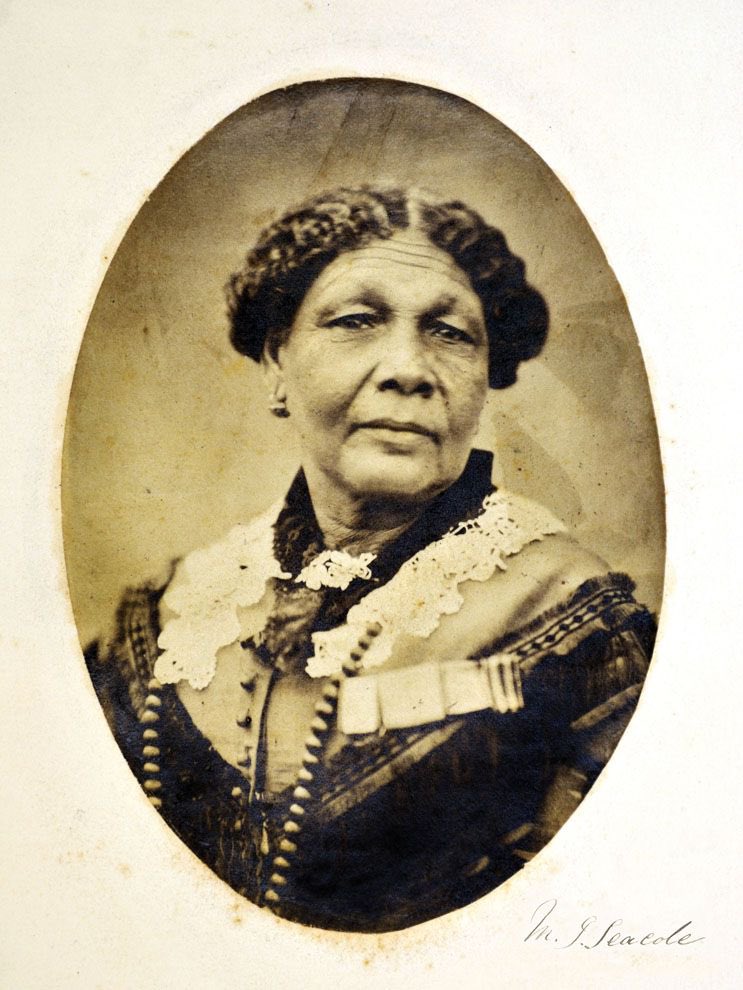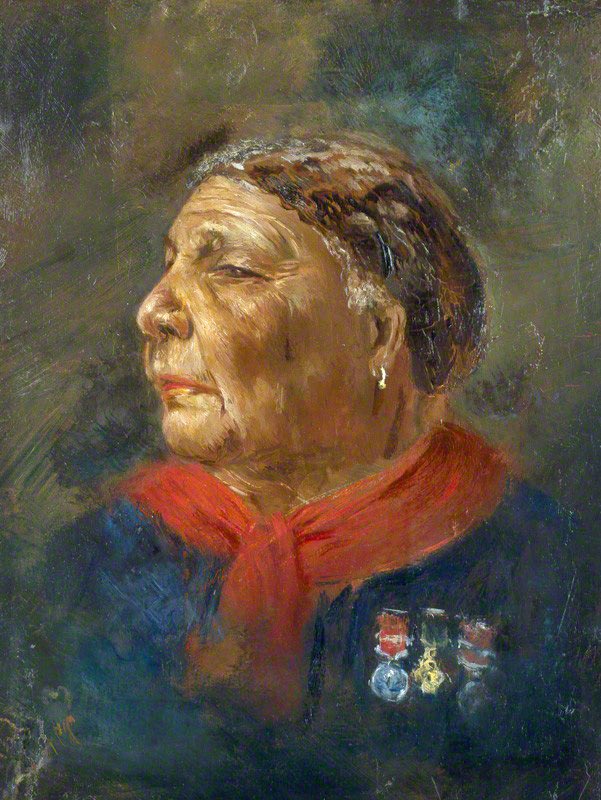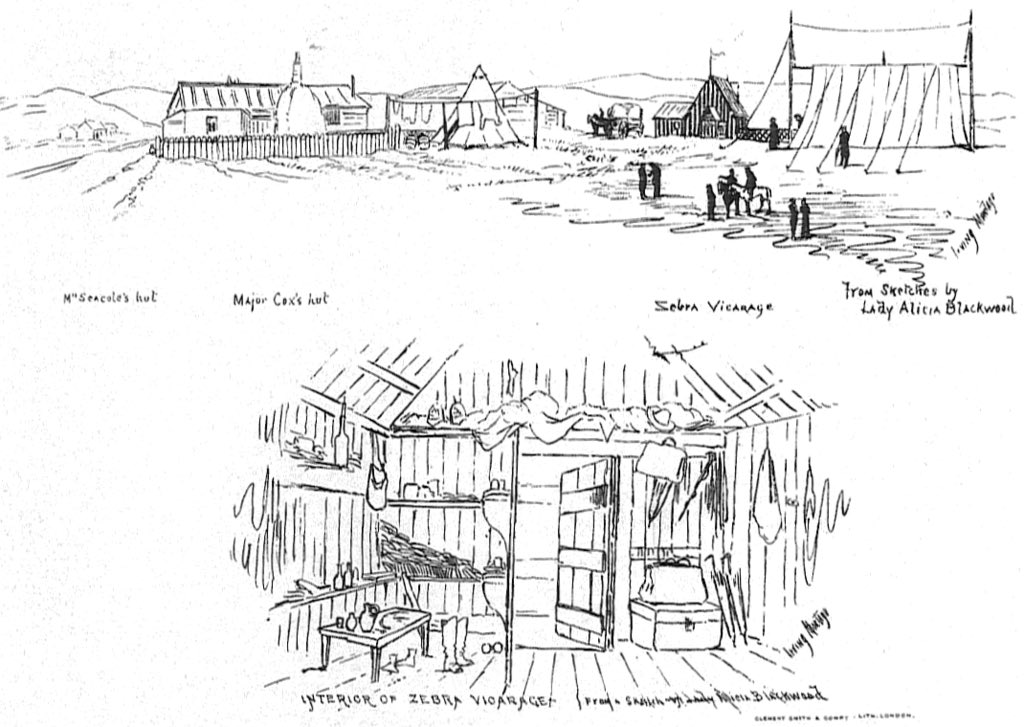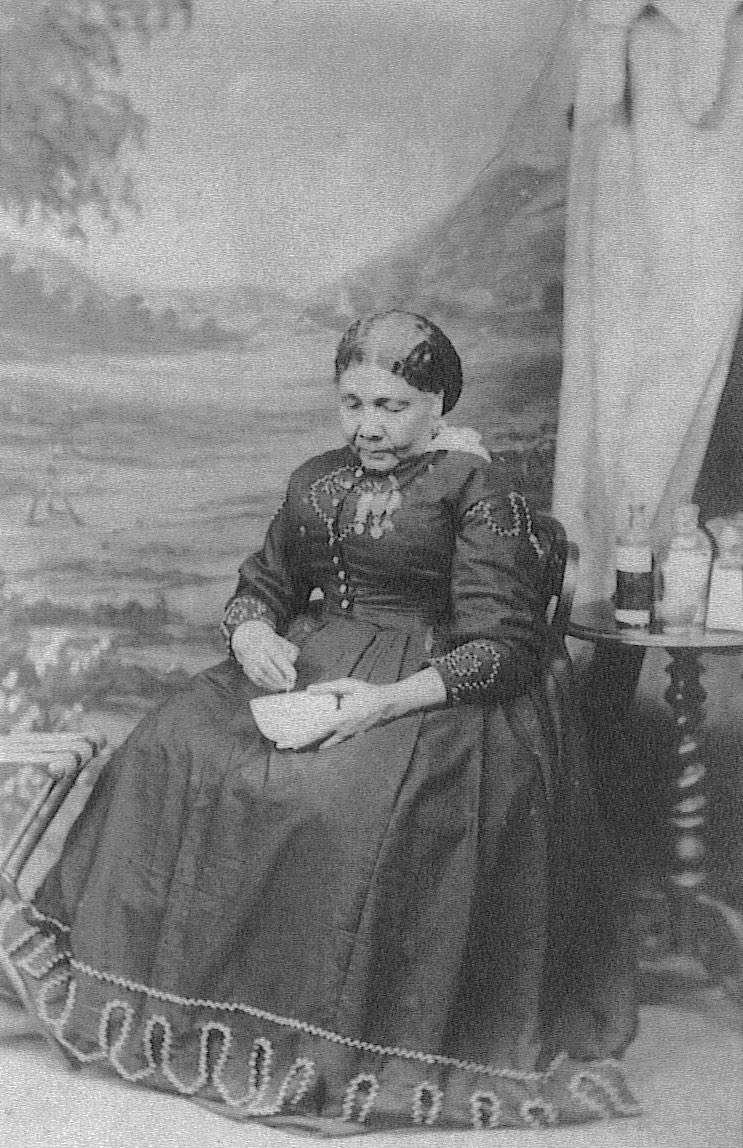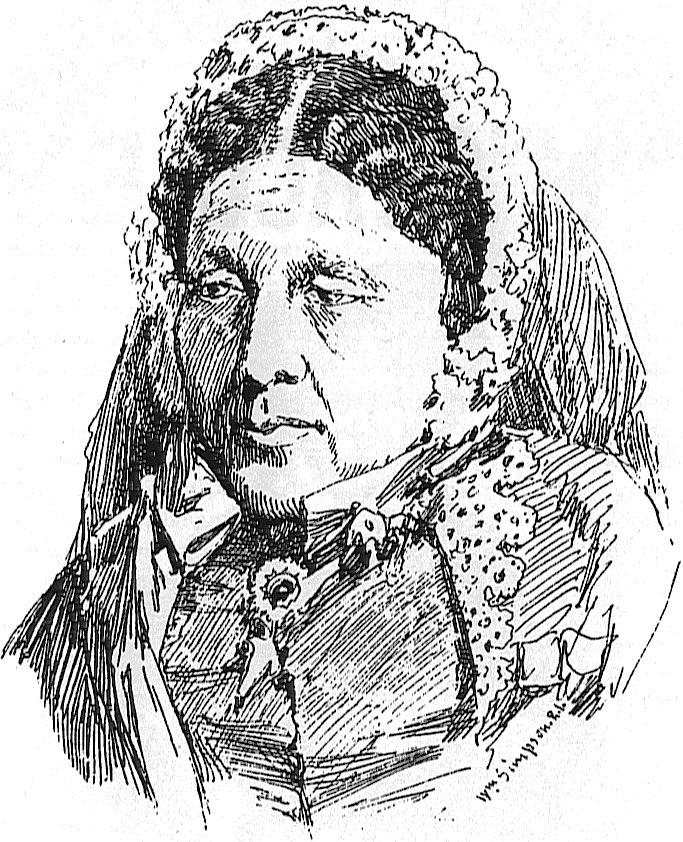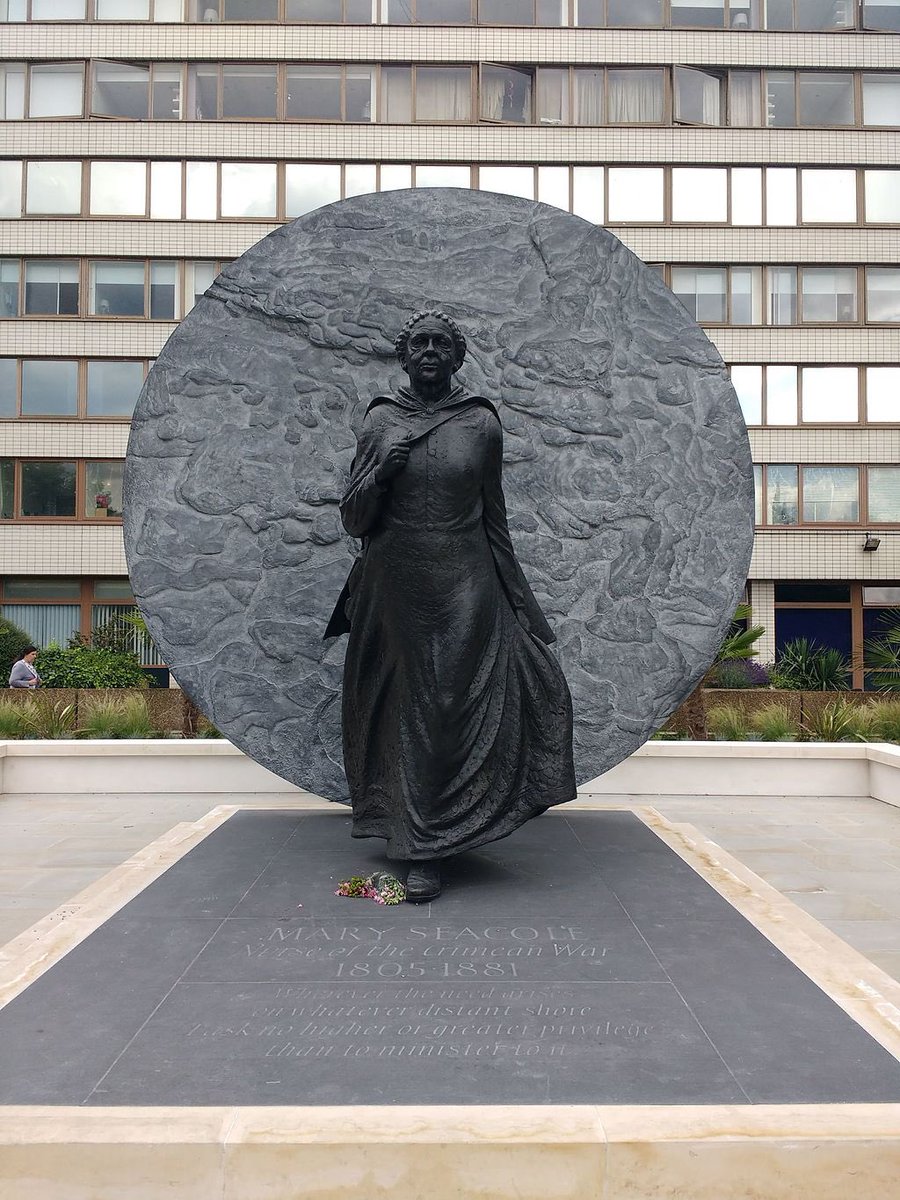Mary Seacole (1805-81) was a pioneering Jamaican business woman & nurse, who set up the "British Hotel" during the Crimean War to care for soldiers. Florence Nightingale refused to let her join her nurses & believed Seacole’s hospital was little more than a brothel
Thread
Thread
Seacole was turned down by Nightingale several times. She also applied to the ‘Crimean Fund’, which was set up to help the wounded, for funds to travel to the Crimea to help, and was turned down.
She wrote in her autobiography “Was it possible that American prejudices against colour had some root here? Did these ladies shrink from accepting my aid because my blood flowed beneath a somewhat duskier skin than theirs?”
Nightingale wrote, “I had the greatest difficulty in repelling Mrs Seacole& #39;s advances, & in preventing association between her & my nurses (absolutely out of the question!)...Anyone who employs Mrs Seacole will introduce much kindness - also much drunkenness and improper conduct"
Seacole finally resolved to travel to Crimea using her own resources and build the British Hotel from bits of salvaged wood, metal, driftwood, packing cases, iron sheets, and various architectural items, like doors and window panes. She went to work treating wounded troops.
In 1855, William Howard Russell, of The Times, wrote that Seacole was a "warm & successful physician, who doctors & cures all manner of men with extraordinary success. She is always in attendance near the battlefield to aid the wounded & has earned many a poor fellow& #39;s blessing”
She became known as ‘Mother Seacole’ to the British troops. But Florence Nightingale refused to let her nurses associate with her.
In a letter, 14 years after the Crimean war, Nightingale claimed Queen Victoria was conned into giving Seacole £50 and insinuated that Seacole’s British hotel, which funded her frontline nursing, was a brothel.
Nightingale sent the letter, with the instruction “Burn” at the top, to her brother-in-law, the Liberal MP Sir Harry Verney, in August 1870.
She attacked the “shameful, ignorant imposture . . . practised on the Queen”
She attacked the “shameful, ignorant imposture . . . practised on the Queen”
“She kept I would not call it a bad house but something not very unlike it ...anyone who employs Mrs Seacole will introduce much kindness but also much drunkenness & improper conduct wherever she is...”
“I conclude that respectable Officers were entirely ignorant of what I ... could not help knowing.”
At the war’s end, Seacole returned to England destitute and was declared bankrupt. In 1857 her autobiography, Wonderful Adventures of Mrs. Seacole in Many Lands, was published and became a best seller.
Despite her fame, after her death she fell into obscurity. Her grave in London was rediscovered in 1973; a service of reconsecration was held on 20 November 1973, and her impressive gravestone was also restored by the British Commonwealth Nurses& #39; War Memorial Fund.
In 2004, Seacole took first place in the 100 Great Black Britons poll in the United Kingdom.
In June 2016, a statue of her was unveiled at St Thomas& #39; Hospital. The words written by Russell in The Times in 1857 are etched at the base...

 Read on Twitter
Read on Twitter